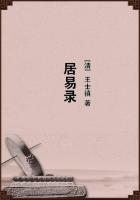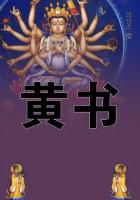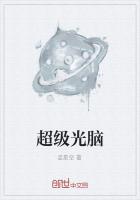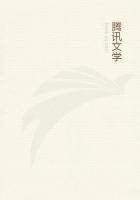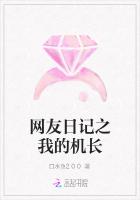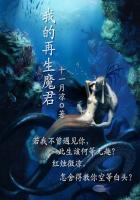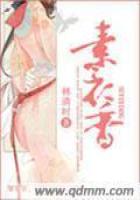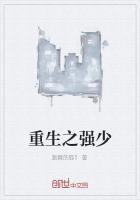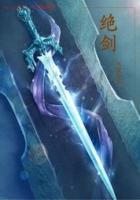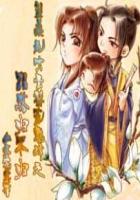To beguile the time on the journey to Canterbury, all these various pilgrims are required to tell some story peculiar to their separate walks of life; and it is these stories which afford the best description we have of the manners and customs of the fourteenth century, as well as of its leading sentiments and ideas.
The knight was required to tell his story first, and it naturally was one of love and adventure. Although the scene of it was laid in ancient Greece, it delineates the institution of chivalry and the manners and sentiments it produced. No writer of that age, except perhaps Froissart, paints the connection of chivalry with the graces of the soul and the moral beauty which poetry associates with the female sex as Chaucer does. The aristocratic woman of chivalry, while delighting in martial sports, and hence masculine and haughty, is also condescending, tender, and gracious. The heroic and dignified self-respect with which chivalry invested woman exalted the passion of love. Allied with reverence for woman was loyalty to the prince. The rough warrior again becomes a gentleman, and has access to the best society. Whatever may have been the degrees of rank, the haughtiest nobleman associated with the penniless knight, if only he were a gentleman and well born, on terms of social equality, since chivalry, while it created distinctions, also levelled those which wealth and power naturally created among the higher class. Yet chivalry did not exalt woman outside of noble ranks. The plebeian woman neither has the graces of the high-born lady, nor does she excite that reverence for the sex which marked her condition in the feudal castle. "Tournaments and courts of love were not framed for village churls, but for high-born dames and mighty earls."Chaucer in his description of women in ordinary life does not seem to have a very high regard for them. They are weak or coarse or sensual, though attentive to their domestic duties, and generally virtuous. An exception is made of Virginia, in the doctor's tale, who is represented as beautiful and modest, radiant in simplicity, discreet and true. But the wife of Bath is disgusting from her coarse talk and coarser manners. Her tale is to show what a woman likes best, which, according to her, is to bear rule over her husband and household. The prioress is conventional and weak, aping courtly manners. The wife of the host of the Tabard inn is a vixen and shrew, who calls her husband a milk-sop, and is so formidable with both her tongue and her hands that he is glad to make his escape from her whenever he can. The pretty wife of the carpenter, gentle and slender, with her white apron and open dress, is anything but intellectual,--a mere sensual beauty. Most of these women are innocent of toothbrushes, and give and receive thrashings, and sing songs without a fastidious taste, and beat their servants and nag their husbands. But they are good cooks, and understand the arts of brewing and baking and roasting and preserving and pickling, as well as of spinning and knitting and embroidering. They are supreme in their households; they keep the keys and lock up the wine. They are gossiping, and love to receive their female visitors. They do not do much shopping, for shops were very primitive, with but few things to sell. Their knowledge is very limited, and confined to domestic matters. They are on the whole modest, but are the victims of friars and pedlers. They have more liberty than we should naturally suppose, but have not yet learned to discriminate between duties and rights. There are few disputed questions between them and their husbands, but the duty of obedience seems to have been recognized. But if oppressed, they always are free with their tongues; they give good advice, and do not spare reproaches in language which in our times we should not call particularly choice. They are all fond of dress, and wear gay colors, without much regard to artistic effect.
In regard to the sports and amusements of the people, we learn much from Chaucer. In one sense the England of his day was merry; that is, the people were noisy and rough in their enjoyments. There was frequent ringing of the bells; there were the horn of the huntsman and the excitements of the chase; there was boisterous mirth in the village ale-house; there were frequent holidays, and dances around May-poles covered with ribbons and flowers and flags; there were wandering minstrels and jesters and jugglers, and cock-fightings and foot-ball and games at archery; there were wrestling matches and morris-dancing and bear-baiting. But the exhilaration of the people was abnormal, like the merriment of negroes on a Southern plantation,--a sort of rebound from misery and burdens, which found a vent in noise and practical jokes when the ordinary restraint was removed. The uproarious joy was a sort of defiance of the semi-slavery to which workmen were doomed; for when they could be impressed by the king's architect and paid whatever he chose to give them, there could not have been much real contentment, which is generally placid and calm. There is one thing in which all classes delighted in the fourteenth century, and that was a garden, in which flowers bloomed,--things of beauty which were as highly valued as the useful. Moreover, there was a zest in rural sports now seldom seen, especially among the upper classes who could afford to hunt and fish. There was no excitement more delightful to gentlemen and ladies than that of hawking, and it infinitely surpassed in interest any rural sport whatever in our day, under any circumstances. Hawks trained to do the work of fowling-pieces were therefore greater pets than any dogs that now are the company of sportsmen. A lady without a falcon on her wrist, when mounted on her richly caparisoned steed for a morning's sport, was very rare indeed.
An instructive feature of the "Canterbury Tales" is the view which Chaucer gives us of the food and houses and dresses of the people.


